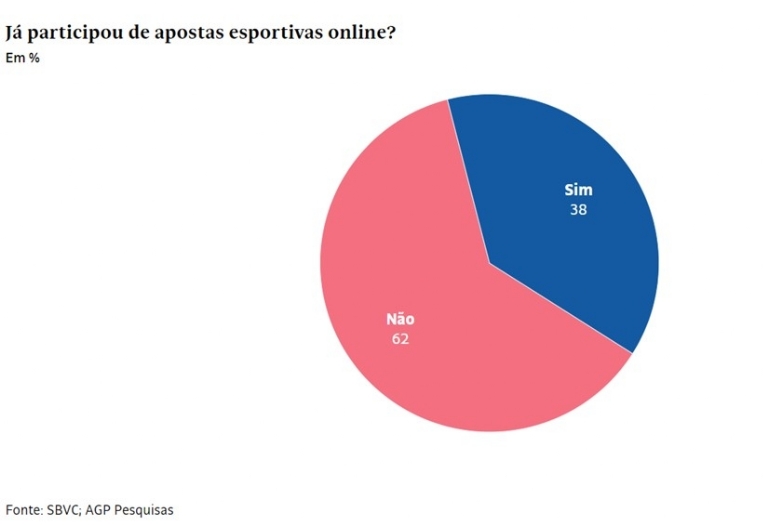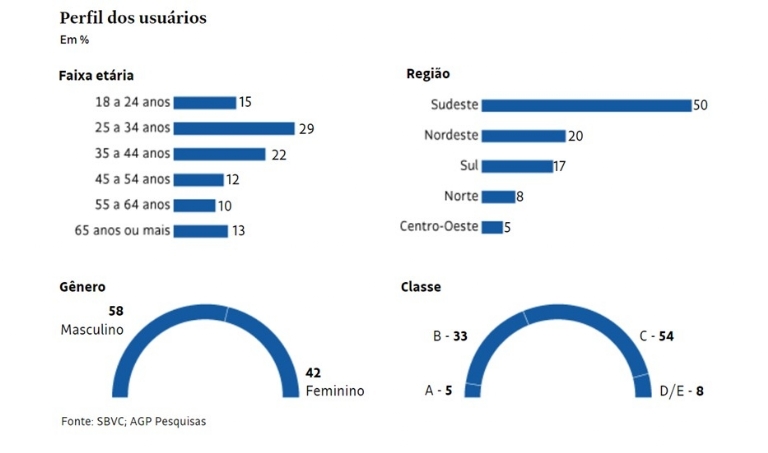

Good advertising brings clarity to the relationship between betting, the market, and the best judgment of bettors. Its prohibition leads to obscurity in consumer relationships. It is hypocritical to say "we will prevent gambling advertising in Brazil," as this prohibition would ensure only illegal gambling operations. And this is the path many sectors have advocated, either due to a lack of information or ulterior motives.
The previous federal government's inaction delayed the regulation of Law 13,756/2018 for four years, leading to the emergence of thousands of sites in Brazil with no concern for best practices, including in advertising. Only a small but important portion of operators has maintained the integrity of the sector.
The market is unforgiving. Any ban on legal gambling advertising would cloak the market in the guise of a forbidden topic. And all forbidden gambling will shift to the illegal side. No one can prevent this. Be it in Brazil, in China, where it is 100% prohibited (and it is the largest market in the world), or in Iran, where religion prohibits it, yet it remains one of the most active gambling countries on the planet. Therefore, the only path is good regulation, ensuring the proper portion of the market becomes the majority.
In European countries where regulation is excessive, illegal gambling grows year by year. In Germany, for example, the University of Leipzig estimates that only 50.7% of gambling is conducted through legal operators. In France, the number of bettors using illegal sites reaches 4 million, surpassing the 3.6 million who bet on licensed ones. Both countries have restrictions on advertising.
Italy banned gambling advertising many years ago. The result: since the public cannot discern which sites are licensed and which are illegal, the lack of advertising has lumped them all together, leading to 75% of bets being placed on unregulated operations.
Is this what is desired in Brazil?
Effective and clear communication is the most powerful tool to protect the bettor, prevent abuse, and demonstrate that betting should be a form of entertainment, not a means to earn money. Banning advertising leads to the opposite.
According to the American Gaming Association (AGA), 55% of bettors in the United States believe they are using licensed sites. Only advertising can make this distinction. Otherwise, bettors choose illegal platforms that offer better payouts because they do not pay taxes and are not subject to strict rules.
The Ministry of Finance has set regulations, such as the prohibition of minors in advertisements and advertising sporting events featuring children. On the legislative side, the National Congress has mandated facial recognition for bettors to access platforms, preventing minors from using them.
Meanwhile, Conar (the National Council for Advertising Self-Regulation), through Chapter 10 of the National Code of Advertising Self-Regulation, has determined that all advertising must include the "18+" label and that any roles in commercials must be performed by people who are or appear to be over 21 years old.


The latest report from the International Betting Integrity Association (IBIA) states that the broad advertising capability for licensed bets across all media is essential for the integrity of the sector.
Brazil needs to follow this path. There is no way to educate bettors without proper advertising. Hiding or denying the existence of bets means leaving millions of bettors in the dark.
Plínio Lemos Jorge
President of the National Association of Games and Lotteries (ANJL)
Source: Trends/Debates - Folha